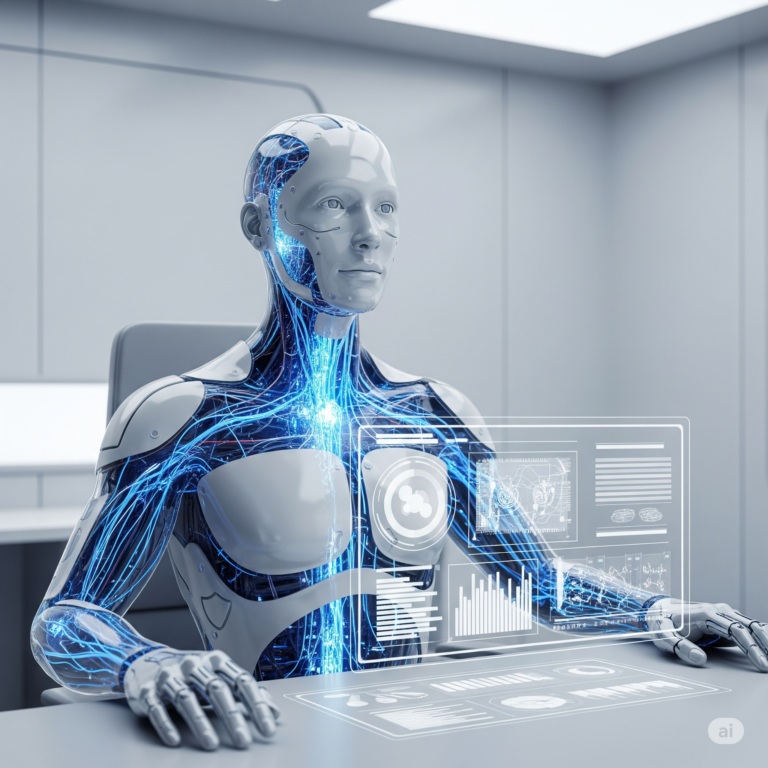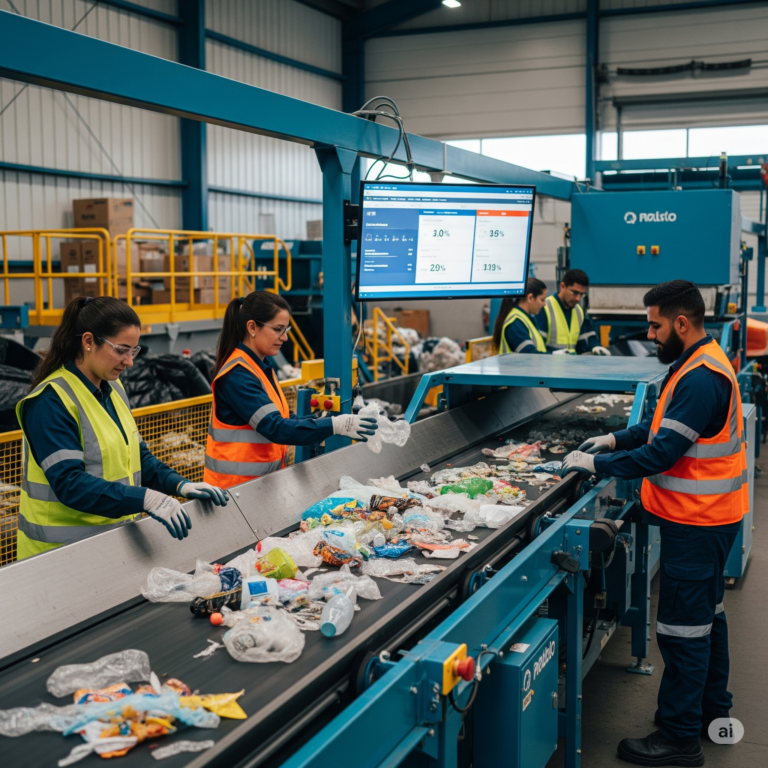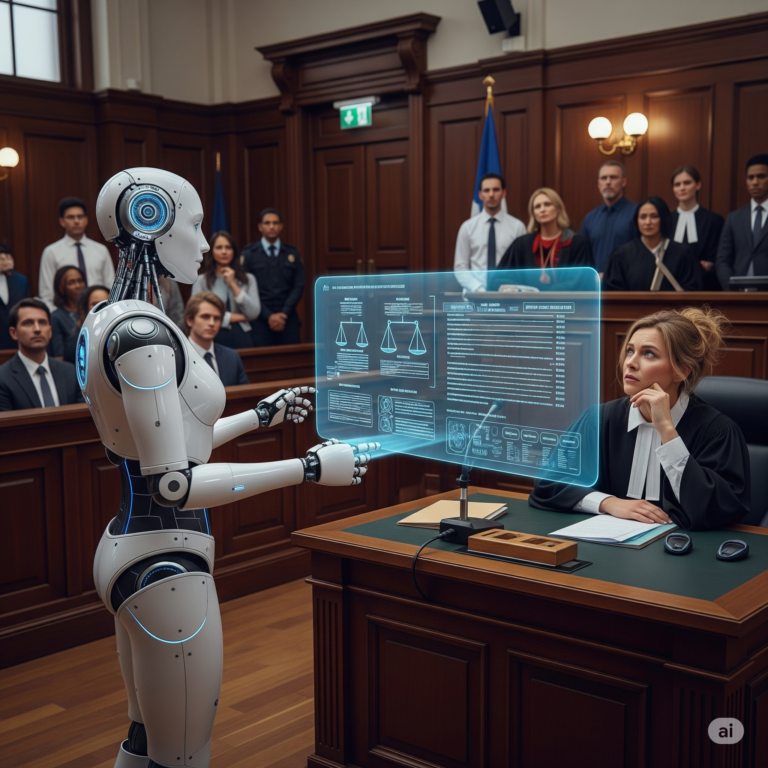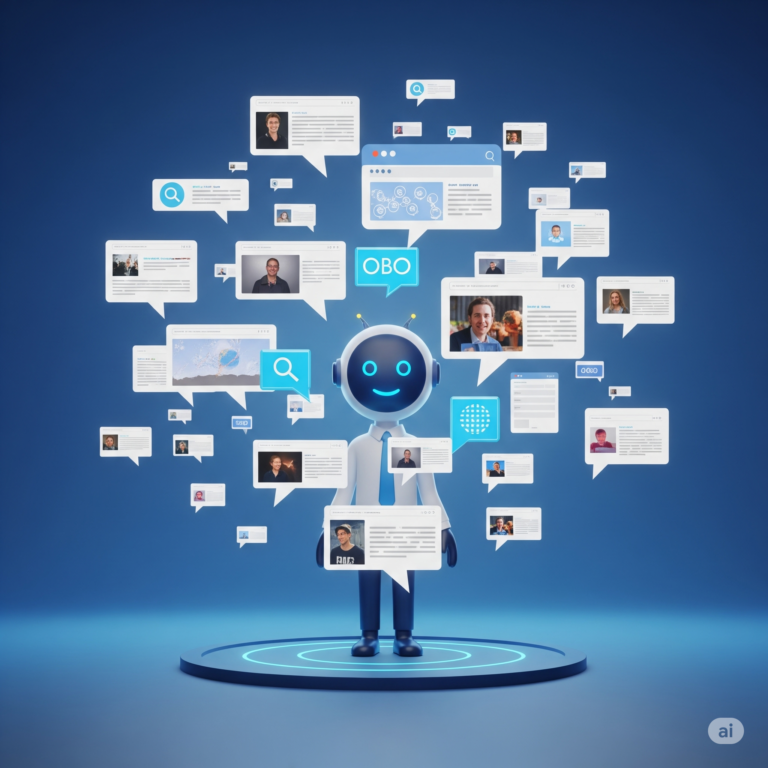In recent years, artificial intelligence (AI) has made leaps in terms of capability and application, transforming industries and creating new possibilities. Among the various kinds of AI systems, Agentic AI is one that stands out as potentially one of the most groundbreaking. But what exactly is Agentic AI, and how will it shape the future of human-AI collaboration?
In this article, we will explore the concept of Agentic AI, its features, and how it will revolutionize the way humans and machines work together. We’ll delve into its capabilities, discuss its application in different fields, and explore the changes it brings to existing workflows. Moreover, we’ll look at how Agentic AI might create new opportunities for humans to work with AI more effectively.
What is Agentic AI?
Agentic AI refers to artificial intelligence systems that not only perform tasks but also have the ability to act autonomously, make decisions, and solve problems without constant human input. This contrasts with traditional AI, which typically requires human guidance for every action or decision it takes. Agentic AI is often empowered with reinforcement learning, self-awareness, and decision-making processes that allow it to act as an independent agent, making it highly useful in complex, dynamic environments.
Key aspects of Agentic AI include:
- Autonomy: It can work independently, taking actions based on the situation or context.
- Adaptability: Agentic AI can adjust its behavior based on changes in its environment or new data.
- Decision-making: It can make decisions based on a series of evaluations or learned experiences, just like a human would.
Human-AI Collaboration: The Traditional Model
Before we explore how Agentic AI will change the landscape, let’s take a moment to understand the current state of human-AI collaboration. Traditional AI systems are primarily designed to assist humans in specific tasks. These systems usually require significant input from human operators, and while they are effective, they operate within limited constraints. Examples include:
- Data processing: AI tools can analyze large datasets and offer insights, but they still rely on human oversight for final decisions.
- Automation: AI systems in robotics perform repetitive tasks, yet humans remain in control of planning and higher-level decisions.
- Customer service: Chatbots and virtual assistants assist in communication, but they still need human intervention for complex queries.
While effective, these systems are still relatively passive and require substantial guidance from humans. Agentic AI, however, promises to go beyond these limitations and revolutionize the relationship between humans and machines.
The Role of Agentic AI in Collaboration
With the advent of Agentic AI, the future of human-AI collaboration looks promising. Let’s dive deeper into how this new form of AI will transform industries and workflows.
1. Improved Decision-Making Processes
Agentic AI’s ability to make autonomous decisions based on data and real-time situations will lead to more efficient decision-making processes. In industries such as healthcare, finance, and logistics, where quick decisions are crucial, Agentic AI can analyze data rapidly and make informed decisions without waiting for human approval. This will allow humans to focus on higher-level strategy while AI handles real-time operational decisions.
2. Enhanced Creativity and Innovation
Human creativity is often enhanced when paired with machine intelligence. In creative industries such as design, content creation, and advertising, Agentic AI can generate new ideas, identify patterns, and offer innovative solutions. By collaborating with human designers, writers, and artists, Agentic AI can expand the creative potential of teams, introducing novel concepts that would otherwise go unexplored.
3. Reduced Human Error
One of the significant advantages of Agentic AI is its ability to reduce human error. In fields like healthcare, where mistakes can be costly, Agentic AI can assist doctors and medical staff in diagnosing diseases, planning treatments, and identifying risks. The AI system’s ability to work with complex medical data and predict outcomes can lead to better patient care and fewer medical mistakes.
4. Scalability and Efficiency
In areas such as customer support, where human workers often struggle to manage high volumes of inquiries, Agentic AI can provide scalable solutions. With the ability to handle thousands of requests simultaneously, it can free up human workers for more complex tasks. This increases efficiency and productivity in organizations, especially those that rely on customer interaction.
5. Autonomous Problem Solving
Unlike traditional AI, which often requires human intervention to resolve issues, Agentic AI can independently identify problems, propose solutions, and even act upon them. For example, in a factory setting, Agentic AI can predict when equipment will fail, recommend repairs, and automatically schedule maintenance—preventing downtime without requiring human oversight.
Applications of Agentic AI Across Various Industries
Healthcare
In healthcare, Agentic AI is set to revolutionize patient care, diagnosis, and treatment planning. Imagine an AI system that not only assists in interpreting medical imaging but also autonomously recommends treatment options based on patient data and historical outcomes. Agentic AI can:
- Analyze medical records: By examining patient histories, it can suggest tailored treatment plans.
- Assist in surgery: AI-powered robotic systems can work autonomously during surgery, ensuring precision and consistency.
- Predict health risks: Agentic AI can detect early signs of illnesses such as cancer, heart disease, and diabetes, even before symptoms appear.
Finance
The finance sector stands to benefit greatly from Agentic AI’s ability to analyze vast amounts of data and make decisions quickly. Agentic AI can transform areas such as:
- Investment strategies: By autonomously analyzing global market trends and adjusting portfolios, Agentic AI can assist investors in making smarter decisions with minimal human intervention.
- Fraud detection: Agentic AI systems can continuously monitor transactions for signs of fraudulent activity, reducing human oversight and ensuring faster responses.
- Risk assessment: In lending, Agentic AI can autonomously evaluate the creditworthiness of individuals and businesses, streamlining the loan approval process.
Education
In education, Agentic AI could lead to personalized learning experiences for students, making it possible for AI to:
- Adapt to student needs: By analyzing a student’s learning style and progress, Agentic AI can recommend personalized learning materials and study plans.
- Automate grading: Agentic AI can autonomously grade assignments and quizzes, freeing up teachers to focus on individual student needs.
- Assist in teaching: AI-powered virtual tutors can engage with students to answer questions, explain concepts, and provide support outside the classroom.
The Future of Human-AI Collaboration
Looking ahead, the potential for Agentic AI to shape the future of human-AI collaboration is immense. Here’s how it might evolve:
- Complete Workflow Automation: In the future, many industries may see fully autonomous operations powered by Agentic AI. For example, in manufacturing, robots equipped with Agentic AI could autonomously manage production lines from start to finish.
- Human-AI Partnerships: Rather than replacing jobs, Agentic AI will likely create new opportunities for humans to work alongside intelligent systems. Human workers will focus on strategic and creative tasks, while AI handles routine and decision-making tasks.
- Ethical and Responsible AI Use: As AI systems become more autonomous, it will be crucial to ensure that they make ethical decisions. Developing guidelines and regulations around the use of Agentic AI will be essential to maintaining trust and safety.
FAQs
1. What is Agentic AI?
Agentic AI refers to artificial intelligence systems that can act autonomously and make decisions without constant human input.
2. How is Agentic AI different from traditional AI?
While traditional AI requires significant human oversight, Agentic AI can operate independently, making decisions and solving problems autonomously.
3. How will Agentic AI improve decision-making?
Agentic AI can make real-time decisions based on data analysis, allowing for faster and more efficient decision-making processes.
4. What are the main industries that will benefit from Agentic AI?
Healthcare, finance, education, and customer service are among the primary industries that will benefit from Agentic AI.
5. Is Agentic AI safe to use in healthcare?
When designed with safety protocols, Agentic AI can significantly enhance healthcare by assisting in diagnosis, treatment planning, and reducing human error.
6. Can Agentic AI be creative?
Yes, Agentic AI can generate new ideas, suggest innovations, and collaborate with humans in creative fields like design and advertising.
7. Will Agentic AI replace human workers?
Agentic AI will likely augment human capabilities, automating routine tasks while leaving humans to focus on more complex and creative work.
8. Can Agentic AI make ethical decisions?
If programmed with proper guidelines, Agentic AI can make decisions based on ethical frameworks. However, continuous oversight will be necessary.
9. How will Agentic AI help in education?
Agentic AI can personalize learning, automate grading, and assist in teaching, providing a more tailored educational experience.
10. What are the main challenges of using Agentic AI?
The primary challenges include ensuring ethical behavior, preventing biases, and making the AI transparent and understandable to users.
11. Can Agentic AI handle multiple tasks at once?
Yes, Agentic AI can process and execute multiple tasks simultaneously, improving efficiency and scalability.
12. How does Agentic AI learn?
Agentic AI learns through reinforcement learning, where it receives feedback and improves its decision-making process based on past experiences.
13. How will Agentic AI be integrated into existing systems?
Agentic AI will be integrated by replacing or augmenting specific tasks in current systems, enhancing overall functionality.
14. What skills are needed to work with Agentic AI?
Skills in machine learning, data analysis, AI ethics, and system design are essential for working with Agentic AI.
15. What is the future of Agentic AI?
The future of Agentic AI includes deeper integration into industries, making human-AI collaboration more efficient and dynamic.
Table of Brands and Prices for Agentic AI Solutions
| Brand | AI Solution | Price | Use Case |
|---|---|---|---|
| IBM | Watson AI | $50,000+ annually | Healthcare, Finance, Customer Service |
| Google DeepMind | DeepMind AI | Custom Pricing | Healthcare, Research |
| OpenAI | GPT-3 and Codex | $0.0004/token | Education, Content Creation |
| UiPath | Automation Platform | $420/month | Business Automation |
| Cognitivescale | Cortex AI | Custom Pricing | Finance, Customer Engagement |















+ There are no comments
Add yours